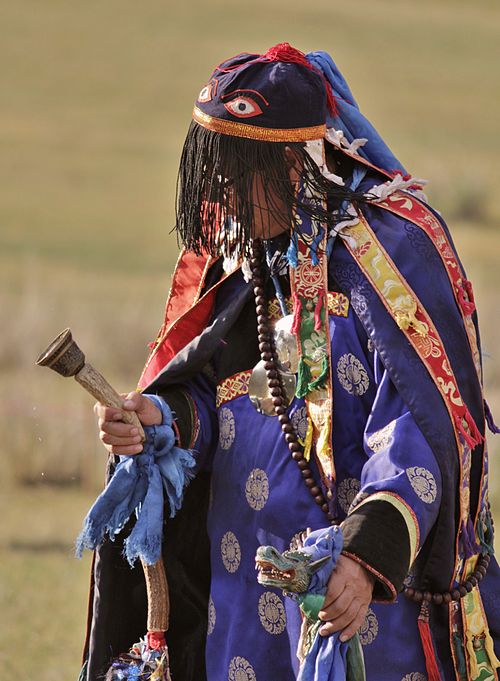Castenoun
Any of the hereditary social classes and subclasses of South Asian societies.
Castenoun
A separate and fixed order or class of persons in society who chiefly associate with each other.
Castenoun
(zoology) A class of polymorphous eusocial insects of a particular size and function within a colony.
Castenoun
One of the hereditary classes into which the Hindu are divided according to the laws of Brahmanism.
Castenoun
A separate and fixed order or class of persons in society who chiefly hold intercourse among themselves.
Castenoun
social status or position conferred by a system based on class;
Castenoun
(Hinduism) a hereditary social class among Hindus; stratified according to ritual purity
Castenoun
a social class separated from others by distinctions of hereditary rank or profession or wealth
Caste
Caste is a form of social stratification characterized by endogamy, hereditary transmission of a style of life which often includes an occupation, ritual status in a hierarchy, and customary social interaction and exclusion based on cultural notions of purity and pollution. Its paradigmatic ethnographic example is the division of India's Hindu society into rigid social groups, with roots in India's ancient history and persisting to the present time.
Religionnoun
(uncountable) The belief in a reality beyond what is perceptible by the senses, and the practices associated with this belief.
Religionnoun
(countable) A particular system of such belief, and the rituals and practices proper to it.
Religionnoun
(uncountable) The way of life committed to by monks and nuns.
Religionnoun
(countable) Any practice to which someone or some group is seriously devoted.
Religionnoun
Faithfulness to a given principle; conscientiousness.
Religionverb
Engage in religious practice.
Religionverb
Indoctrinate into a specific religion.
Religionverb
To make sacred or symbolic; sanctify.
Religionnoun
The outward act or form by which men indicate their recognition of the existence of a god or of gods having power over their destiny, to whom obedience, service, and honor are due; the feeling or expression of human love, fear, or awe of some superhuman and overruling power, whether by profession of belief, by observance of rites and ceremonies, or by the conduct of life; a system of faith and worship; a manifestation of piety; as, ethical religions; monotheistic religions; natural religion; revealed religion; the religion of the Jews; the religion of idol worshipers.
Religionnoun
Specifically, conformity in faith and life to the precepts inculcated in the Bible, respecting the conduct of life and duty toward God and man; the Christian faith and practice.
Religionnoun
A monastic or religious order subject to a regulated mode of life; the religious state; as, to enter religion.
Religionnoun
Strictness of fidelity in conforming to any practice, as if it were an enjoined rule of conduct.
Religionnoun
a strong belief in a supernatural power or powers that control human destiny;
Religionnoun
institution to express belief in a divine power;
Religion
Religion is a social-cultural system of designated behaviors and practices, morals, beliefs, worldviews, texts, sanctified places, prophecies, ethics, or organizations, that relates humanity to supernatural, transcendental, and spiritual elements; however, there is no scholarly consensus over what precisely constitutes a religion.Different religions may or may not contain various elements ranging from the divine, sacred things, faith, a supernatural being or supernatural beings or . Religious practices may include rituals, sermons, commemoration or veneration (of deities and/or saints), sacrifices, festivals, feasts, trances, initiations, funerary services, matrimonial services, meditation, prayer, music, art, dance, public service, or other aspects of human culture.


























